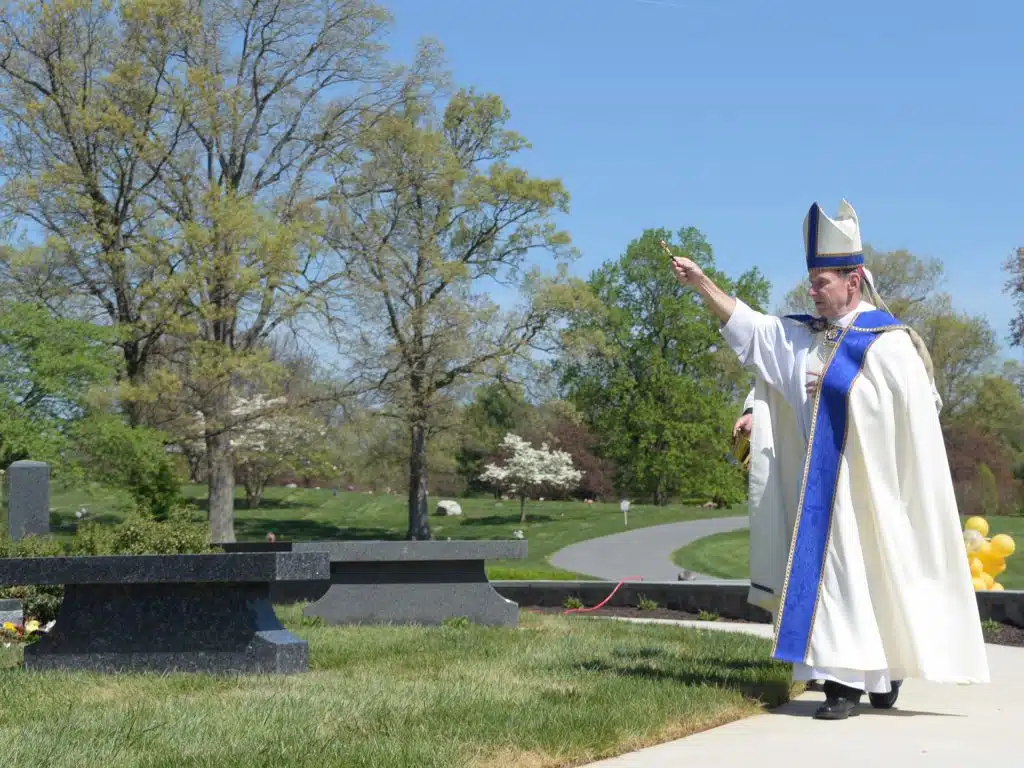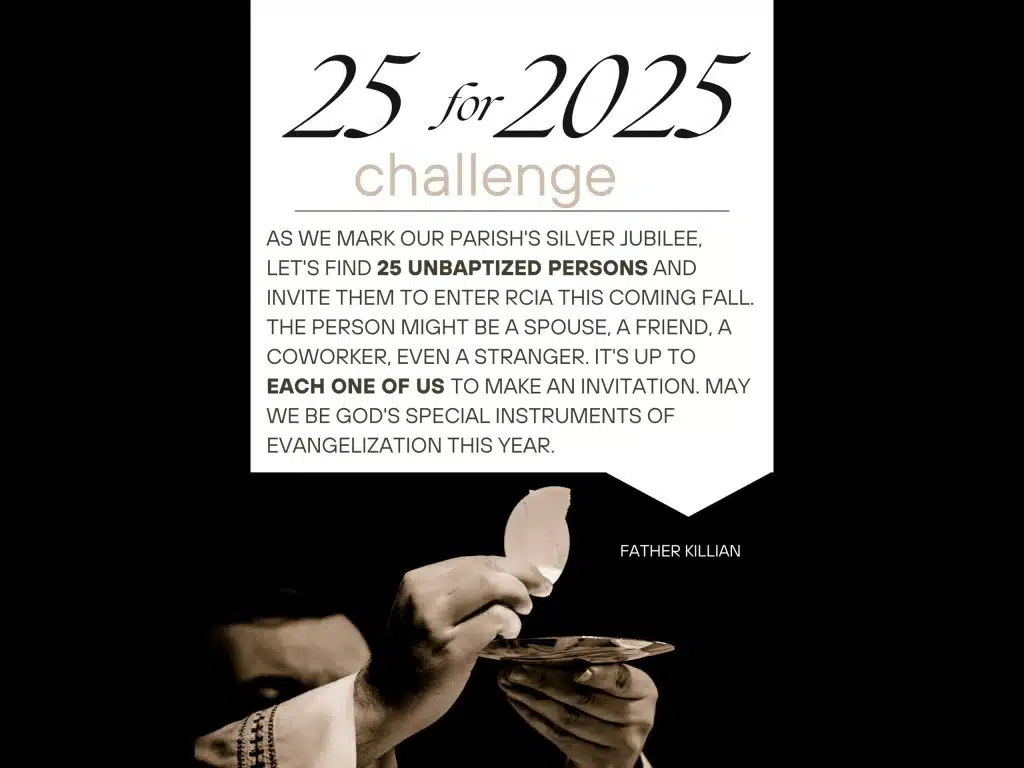Obviously the Church teaches that pornography is evil. What
are some specific reasons for this teaching?
Those who defend the “free speech” rights of pornographers
often present the Church’s defense of purity as puritanical
rather than pastoral. Defenders of this criminal enterprise
pose as defenders of a true humanism, portraying Christian
teaching on chastity as “anti-human.” The Church is presented
as hating the human body and so reacting against human
nature. This lie has been restated so many times through the
long history of the Church that many accept it as central to
Christian thought. In fact, the exact opposite is true. The
Church has always condemned a dualistic understanding of
spirit as good and the body as evil. God created all things,
both spirit and matter, and saw that all these things were
good (cf. Gn 1). It is the resurrection of the body which is
our hope, and our recognition of the body as an integral part
of the human person is the foundation of Christian chastity.
The Church does not pose an opposition of body and soul but
rather the necessary completeness of both body and soul for a
true and life-affirming wholeness. Far from denigrating the
human body and treating sexuality as an evil thing, the
Church affirms the sacredness of the body. Because of this
sacredness, the marital act is recognized as having a
sacramental and sacred character, which the Church seeks to
protect. (Taken from Bishop Loverde’s pastoral letter “Bought
With a Price”.)
Simply put, pornography is a grave offense that reduces what
should be a beautiful union of two people into mere
entertainment and, let us be clear, profit. Each person has
human dignity, and pornography uses and manipulates all
involved – those creating it become mere objects and those
consuming it use their fellow humans. It is a cycle of mutual
degradation.
Statistics seem to reveal that addiction to pornography is
growing, thanks mainly to the Internet. Is the Church doing
anything to combat this trend?
Never before have so many people – of all ages – been able to
gain easy access to pornography. The temptations seem to find
us – through pop-up ads, while channel surfing, etc.
Therefore important technological controls like blocked
channels on the TV and filtering on the web are important
tools, especially for families. For example, we distributed
via the Herald, our website and parishes, the booklet “Sex
and Cell Phones: Protect Your Children,” which gave parents
and guardians information on shielding children from sexual
content via their phones. Also, I wrote a pastoral letter,
“Bought with a Price: Pornography and the Attack on the
Living Temple of God,” which has been distributed in English
and Spanish.
Moreover, a national summit is being organized by pureHOPE
(formerly called the National Coalition Against Pornography)
and the Religious Alliance Against Pornography (RAAP), a
subsidiary of pureHOPE, for April 13-14, 2011, at the
Maritime Institute in Linthicum, Md., (near Baltimore).
Entitled “Convergence: Uniting Leaders to Combat Sexual
Exploitation in the Mobile Age,” the summit’s purpose is to
assemble a diverse and influential group to address the
social costs of the proliferation and normalization of
pornography, including its increased accessibility through
mobile devices and its role in driving demand for sex
trafficking in the United States and across the globe.
Along with Cardinal William Keeler and Archbishop George
Niederauer, I am a member of RAAP.
How would you counsel those within the diocese who may be
involved in this industry?
I address several of the false arguments I often hear in
regards to pornography in my pastoral letter, “Bought with a
Price.” But to those involved with the industry, I remind you
that the intimacy you promise is illusory and false, the
damage is real and permanent without the intervention of
competent counseling.
What can the Catholic community do to prevent the spread of
pornography in their neighborhoods?
We must ask our public officials to work to pass laws that
contribute to a culture that respects the dignity of all
citizens. I encourage them to contribute to the forming of a
society that supports the life and the dignity of every
person. We should not be surprised that we live in a culture
that is in some ways repellent to Christian virtue – it was
the same in the time of St. Paul. The most effective way in
which we can combat this plague is by the witness we offer
through our own lives.
Bought for a Price
Bishop Loverde’s 2006 pastoral letter on pornography can be
found at www.arlingtondiocese.org under “Bishop Loverde.”


